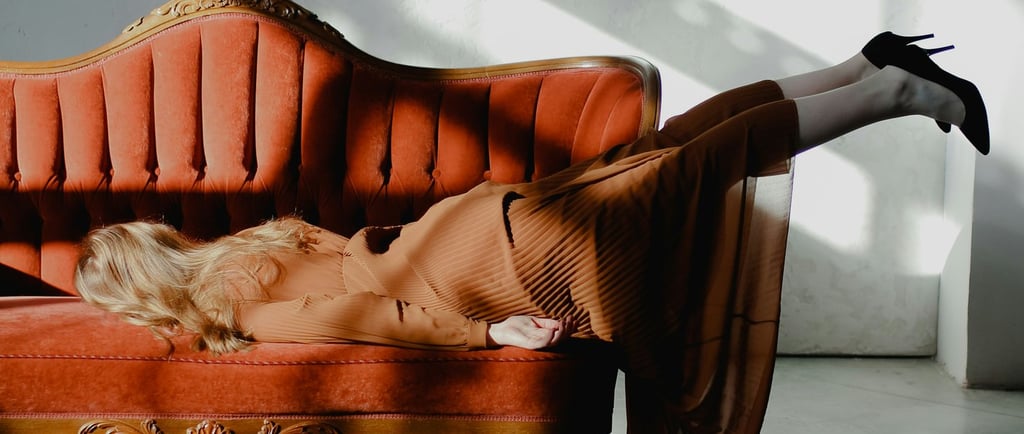What Really Happens in Therapy? (And Why It’s Not What You Might Think)


For many people, starting therapy feels like stepping into the unknown. You might wonder: What am I supposed to say? What if I don’t have a “big enough” problem? Will I be given advice? Will I be expected to cry? These are reasonable questions — and they speak to how mysterious therapy can seem from the outside.
The truth is: therapy isn’t one-size-fits-all. But it’s also not directionless. At its core, therapy is a space where something rare happens — where you’re encouraged to pay closer attention to your inner world, at a pace that feels manageable, with someone trained to help you make sense of what you find.
Therapy Isn’t About “Fixing”
One common misconception is that therapy is about fixing something broken. But many people who come to therapy aren't broken — they’re stuck. Caught in patterns that once made sense, but now cause pain. Therapy helps bring those patterns into the light so you can understand where they come from and decide what to do with them. Insight creates space. And in that space, new choices can become possible.
It’s Okay Not to Know Where to Start
You don’t need to come in knowing exactly what to say. Sometimes the most powerful sessions start with: “I don’t know where to begin.” A good therapist isn’t waiting for you to present your case perfectly. They’re listening for what’s underneath — to help you slow down, notice, and get curious about what’s happening inside.
Progress Doesn’t Always Feel Like Progress
Another myth: that therapy will always feel good or obvious. In reality, the process can stir up things you’ve worked hard to keep tucked away. This isn’t a sign that something’s wrong — it’s often a sign that something important is being touched.
Therapy often stirs things up before it settles anything down. It’s about learning to feel more honestly — and eventually, to relate to those feelings with more clarity and compassion.
What You Talk About Is Up to You — And It Might Change
You might come in to talk about a relationship, anxiety, grief, or just a vague sense that things feel harder than they should. Over time, your focus might shift. That’s not a failure of the process — it’s part of it. Therapy meets you where you are, not where you think you should be.
At its best, therapy is a relationship built on trust — one that helps you understand yourself more fully, make sense of what’s felt confusing or overwhelming, and create space for something new.
If you’re curious about therapy but unsure where to begin, you’re not alone. Starting can be the hardest part. But you don’t have to have it all figured out to take the first step.




